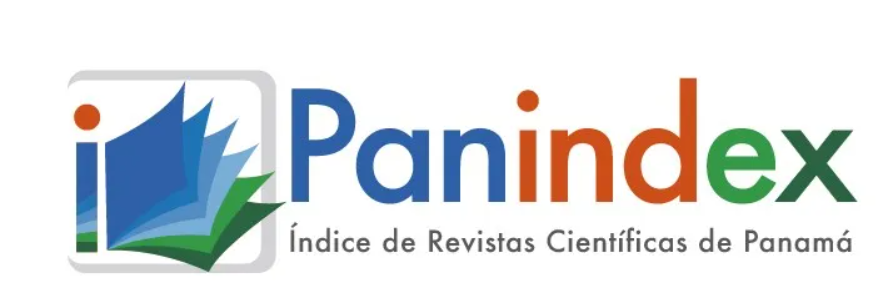The content of the publications and the links suggested in them are the sole responsibility of the authors and not of the METROPOLITAN UNIVERSITY OF EDUCATION, SCIENCE AND TECHNOLOGY (UMECIT) or CATHEDRA magazine. They are protected by international copyright laws just as the UMECIT and CATHEDRA logos, hence their reproduction is totally prohibited
This work is licensed under a Creative Commons Attribution-NonCommercial-NoDerivatives 4.0 International License.
The authors maintain the copyright and transfer the right of the first publication to the journal, with the article registered with Creative Commons Attribution-NonCommercial-NoDerivatives License, which allow others They can download the works published in this magazine and share them with other people, as long as their authorship is recognized, but they cannot be changed in any way nor can they be used commercially.
Authors are recommended to include their work in social networks such as Researchgate and institutional repositories once the article or visible fact has been published on the journal page, without forgetting to include the digital document identifier and the name of the journal.



Abstract
Las leyes de la ciencia están signadas por unos rasgos esenciales que son la racionalidad y la objetividad. La racionalidad es la intervención de conceptos juicios y raciocinios. El científico experimenta, hace operaciones partiendo de una idealización de lo que percibe, las ideas están acompañadas de reglas lógicas, para comprobar situaciones nuevas extraídas de la deducción, conformando así el sistema racional teórico. La objetividad se precisa corno consecuencia de la meta lograda en punto de verdad fáctica. La intervención de la observación y la experimentación es la adaptación de las ideas a los hechos. La lógica es la disciplina de la ciencia formal que estudia la lógica del pensamiento, sus operaciones fundamentales permite dar claridad sobre la coherencia de lo que se piensa y lo que se dice y como se ha pensado. El objeto de la lógica es el conocimiento humano. Las últimas corrientes tienden a separarla lógica de la filosofía para convertirla en un instrumento que se acerque a las ciencias exactas.
References
CÁCERES, Leonel. El Falso Raciocinio, Quebrantamiento de la Sana Crítica, Bogotá, 2005.
CARNELUTTI Francesco. La Prueba Civil, 1982.
CÓDIGO JUDICIAL DE LA REPÚBLICA DE PANAMÁ.
COUTURE, Eduardo. Fundamentos del Derecho Procesal Civil.
DELLEPIANE, Antonio. Nueva Teoría de la Prueba, Bogotá, 1983.
DEVIS ECHANDÍA, Hernando. Teoría General de la Prueba Judicial, Bogotá..
ELLERO, Pietro. De la Certidumbre en los Juicios Criminales o Tratado de la Prueba en materia Penal. España, 1968.
FÁBREGA, Jorge. Teoría General de la Prueba.
FALCON, Enrique. Cómo se Ofrece y se Produce la Prueba, Buenos Aires, 2001.
FORNACIARI, Mario. Derecho Procesal en vísperas del siglo XX[.
FOUCAULT, Michel. La Verdad y las Formas Jurídicas, Río de Janeiro 1978.
MICHELLI, Antonio. La carga de la Prueba, Bogotá, 1989.
QUIJANO, Jairo. Manual de Derecho Probatorio, Bogotá.
SENTIS M. Santiago. La Prueba, 1979.
Downloads
Publication Facts
Reviewer profiles N/A
Author statements
- Academic society
- Universidad Metropolitana de Educación, Ciencia y Tecnología
- Publisher
- Universidad Metropolitana de Educación, Ciencia y Tecnología

















